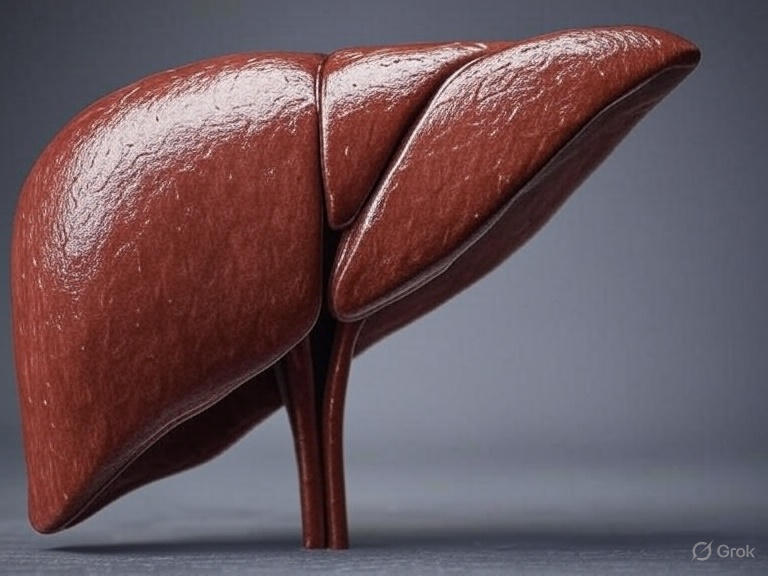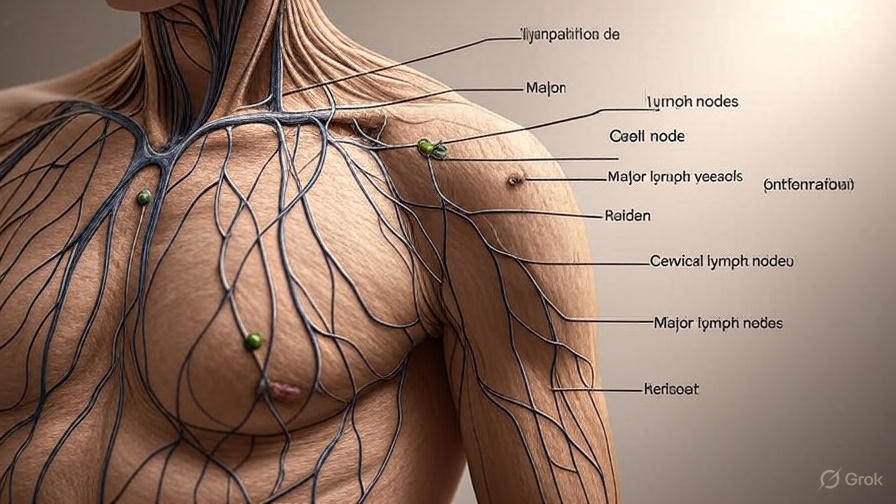
Gentiana Decoction to Drain the Liver
(Long Dan Xie Gan Tang)
This formula is for clearing Liver Fire and Damp-Heat, with applications ranging from insomnia and hepatitis to genital and inflammatory conditions. Its 10-herb composition, led by Long Dan Cao, works synergistically to cool, drain, and harmonize the body.
Purpose and Indications:
- Drain Excess Fire from the Liver and Gallbladder: Addresses symptoms of Liver Fire flaring up, such as irritability, anger, red eyes, headaches, or a bitter taste in the mouth.
- Clear and Drain Damp-Heat from the Lower Jiao: Treats conditions like genital itching, swelling, vaginal discharge, turbid urination, or pelvic inflammation caused by Damp-Heat.
- Clear Damp-Heat from the San Jiao (Triple Burner): Supports systemic balance by addressing Damp-Heat affecting multiple body systems.
East Asian Medical (EAM) Patterns Treated:
- Liver Fire Flaring Up
- Damp-Heat in the Liver and Gallbladder
- Damp-Heat in the Liver Channel
- San Jiao Damp-Heat
Clinical Indications (from EAM and Conventional perspectives):
- EAM Symptoms: Hypochondrial pain, fullness in the abdomen, bitter taste, red tongue with yellow coating, wiry and rapid pulse, irritability, and insomnia (especially with bad temper).
- Conventional Conditions (as correlated patterns, not direct treatments):
- Chronic hepatitis (notably, studies with over 90,000 subjects found it the most prescribed formula for chronic hepatitis).
- Chronic pelvic inflammation.
- Genital issues (e.g., itching, candida, abnormal vaginal discharge).
- Abnormal uterine bleeding, early menstruation, or spontaneous breast milk flow.
- Eye problems (e.g., conjunctivitis), migraines, eczema, or psoriasis.
- Insomnia, particularly when accompanied by irritability or bad temper
- Liver injuries, including viral hepatitis, alcoholic liver disease, and non-alcoholic fatty liver disease.
- Olanzapine-induced fatty liver.
- Hepatic insulin resistance.
- Chronic pelvic inflammation.
- Allergic asthma.
- Neuropsychiatric disorders.
- Eczema.
- Herpes zoster (shingles).
- Dermatitis.
- Conjunctivitis.
- Otitis (ear infections).
- Acute cystitis.
- Urethritis.
- Hypertension.
- Prostatitis.
- Gonorrhea.
- Acute cholecystitis.
- Hepatitis (general).

Research Evidence:
- A systematic review and meta-analysis (2020) found Long Dan Xie Gan Tang to have a higher total effective rate and cure rate for insomnia compared to Western medicine, with fewer adverse reactions and improved physical and emotional symptoms.
- Studies on chronic hepatitis B showed it exhibits significant anti-hepatitis B virus activity, improves liver function, and enhances HBeAg and HBsAg seroconversion rates.
Herbal Ingredients and Amounts
The formula traditionally consists of 10 herbs, though variations exist based on regional practices or modern safety concerns (e.g., substitution of Mu Tong). Below is a standard composition based on classical sources and modern references, with approximate amounts for a daily decoction (in grams) as typically prescribed for an adult. Note that exact amounts may vary depending on the practitioner, patient condition, and preparation method (decoction, granules, or capsules).
- Long Dan Cao (Gentiana scabra, Chinese Gentian Root): 6–9 grams
- Huang Qin (Scutellaria baicalensis, Chinese Skullcap Root): 6–9 grams
- Zhi Zi (Jiao) (Gardenia jasminoides, Processed Gardenia Fruit): 6–9 grams
- Ze Xie (Alisma plantago-aquatica, Alisma Rhizome): 9–12 grams
- Che Qian Zi (Yan Zhi) (Plantago asiatica, Processed Plantain Seed): 9–12 grams
- Sheng Di Huang (Rehmannia glutinosa, Raw Rehmannia Root): 9–15 grams
- Dang Gui (Jiu) (Angelica sinensis, Processed Chinese Angelica Root): 6–9 grams
- Chai Hu (Bupleurum chinense, Bupleurum Root): 3–6 grams
- Gan Cao (Mi) (Glycyrrhiza uralensis, Processed Licorice Root): 3–6 grams
- Mu Tong (Akebia trifoliata or substitute, Akebia Stem): 3–6 grams
Cautions and Contraindications
- Spleen and Stomach Deficiency: Use with caution, as the formula’s bitter and cold herbs (e.g., Long Dan Cao, Huang Qin) may weaken digestion.
- Yin Deficiency: Avoid in cases of headache or conjunctival congestion due to Yang excess from Yin deficiency, as it may exacerbate dryness.
- Pregnancy and Nursing: Avoid or use under strict supervision due to the formula’s strong Heat-clearing and Dampness-draining effects.
- Liver Disease: Patients with pre-existing liver conditions should use cautiously and under professional guidance.
- Mu Tong Safety: Ensure the formula does not contain aristolochic acid-containing Mu Tong (e.g., Aristolochia species). Modern formulations often substitute safer alternatives.
- Side Effects: Generally safe, but potential mild side effects include digestive upset or diarrhea in sensitive individuals. Start with a lower dose to assess tolerance.





Responses